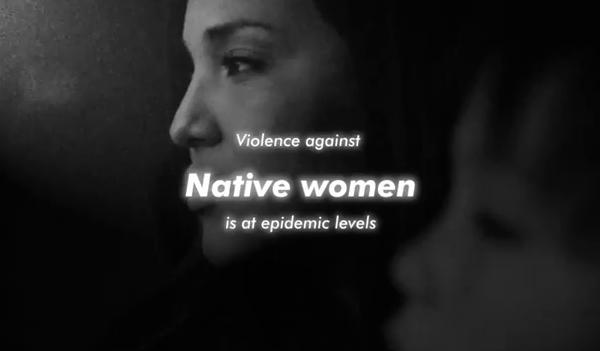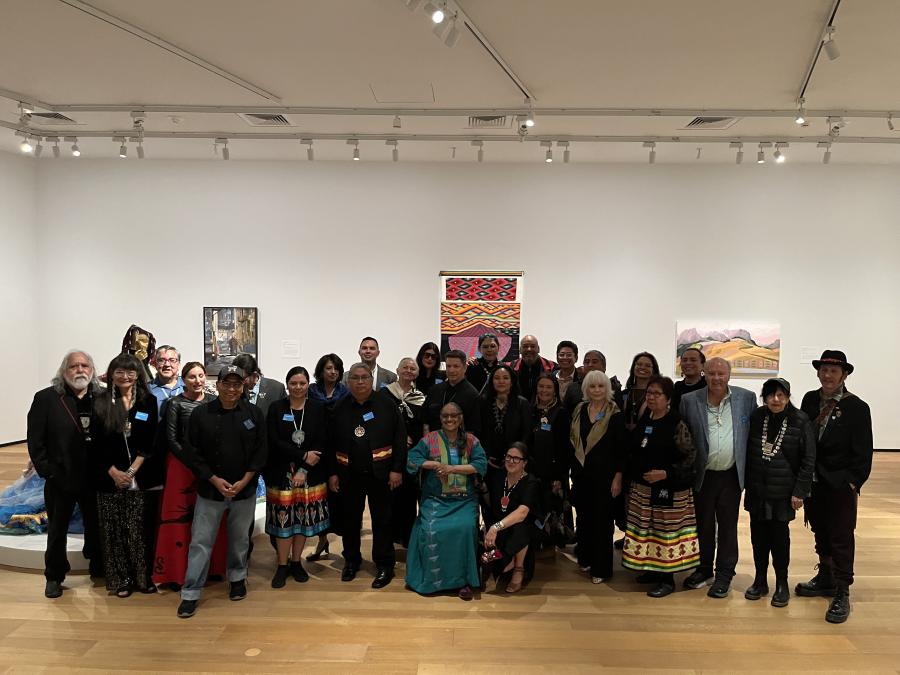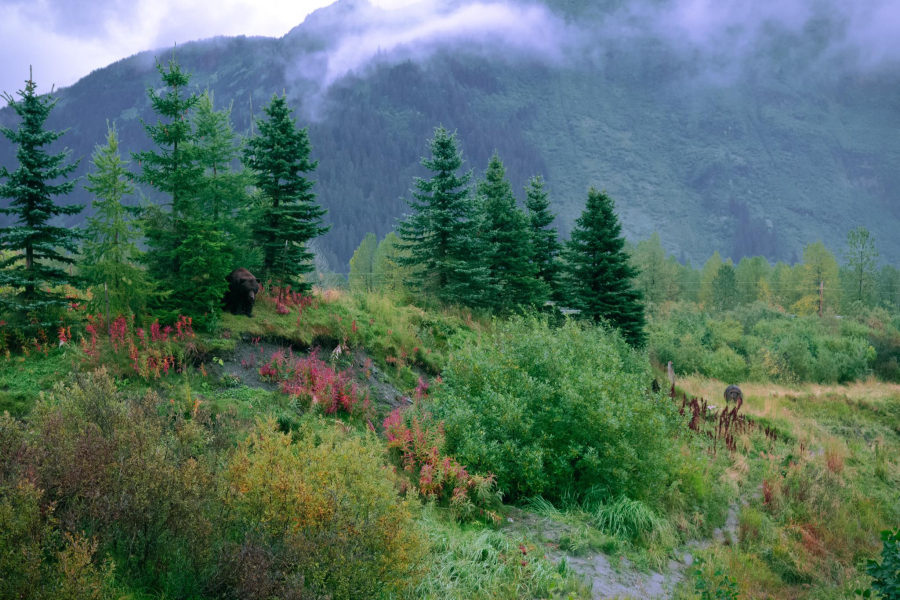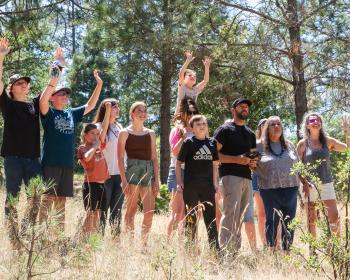
By Laura Garbes
A few years ago in a remote Alaskan village, a young Native woman was raped in her own home, receiving no response from police forces when she called right after to report the incident. She was nineteen at the time. Years later, she still has not received justice or closure. A recent article from the New York Times recounts the story of this Native teenager. The story, unfortunately, is not an exception, but a common phenomenon for many Native American women. Domestic and dating violence are disturbing occurrences in the U.S. and abroad, unfortunately extant to some degree in virtually all communities.
Statistics are particularly troubling for Indigenous women living on U.S. reservations. If you are a Native woman in the U.S., you are more than twice as likely to be assaulted. One in three Native women will be raped in her lifetime. Horrifically, in 88 percent of these assault cases, the attacker is a non-native man who lives on an Indian reservation.
The statistics are shocking, but they make sense when considering the current legislation operating on reservations, which perpetuates non-Native impunity. Under federal law, tribal authorities do not have jurisdiction over cases in which the defendant is non-Native. Furthermore, even Native members of the community at maximum can only be punished with a $5,000 fine or a year in prison for any crime under current legislation.
In many states, state authorities do not have jurisdiction on tribal lands; therefore, domestic violence cases are deferred to federal authorities. The need to investigate and prosecute crimes on numerous tribal territories creates a burden on federal authorities, and often the lack of capacity results in many cases of domestic violence on reservations being delayed or untried.
A new piece of legislation introduced to Congress in 2011 seeks to change all that. Introduced by Hawaiian Senator Daniel Akaka (D), the Stand Against Violence and Empower Native Women Act, or SAVE Native Women Act is an attempt to combat domestic violence on reservations, by increasing awareness of domestic violence and sexual assault against Indian women, by enhancing response to violence against Indian women at the Federal, State, and tribal levels, by identifying and providing technical assistance to coalition membership and tribal communities to enhance access to essential services to Indian women victimized by domestic and sexual violence, including sex trafficking, and by assisting Indian tribes in developing and promoting legislation and policies that enhance best practices for responding to violent crimes against Indian women, including the crimes of domestic violence, dating violence, sexual assault, sex trafficking, and stalking.
One of the basic provisions of the bill is that tribal governments could try non-Natives living in tribal communities, so that these cases do not get pushed to the back-burner, thereby increasing accountability for abuse against Native women. Another is the granting of funding for all eligible U.S. reservations, to be used in raising awareness and training women to equip them with the tools they need to defend themselves.
The bill is no longer standing on its own, but has been incorporated into a reauthorization of the Violence Against Women Act (VAWA). The Violence Against Women Reauthorization Act is comprehensive, including all the provisions of the SAVE Native Women Act, as well as key immigration and LGBT provisions. The act originated in the Senate and passed through in a supermajority. Unfortunately, the bill’s progress has been stymied in the House by technicalities. All revenue-related bills are supposed to originate in the House rather than the Senate. Since there is a provision in a different part of the act that would raise revenue, the House has thus far rejected the bill. Negotiations between the House and Senate are now taking place to come up with a solution. Meanwhile, Native women and their supporters are rallying in Washington, D.C. to show support for the bill.
The legislation would be a step forward for the progress of Native women, and is supported by many advocates of both Indigenous rights and women’s rights. The legislation also provides what the reservations themselves deem necessary for their community. A draft of the bill was circulated to the public sphere widely last August, and was edited with input from Native women, tribal leaders, and advocacy groups. “Native provisions of the VAWA have gone through more vetting than any other part of the bill,” said Erik Stegman, counsel for the Committee on Indian Affairs. The Indian Law Resource Center recently produced a video created by 1491s that displays the solidarity and support given to this bill by the Indigenous community.
In 2011, the Justice Department did not prosecute 65 percent of the rape cases on Indian reservations. Interviews with the women in these villages reveal that psychological damage has been brought about not only by the acts of violence, but also by the lack of ways to stop it. Many cases of assault go unreported, with the mindset that the inaction by officials makes reporting the assault unhelpful. The bill would be a step forward for justice for Native women and is supported by many advocates of both Indigenous rights and women’s rights.
You can make a difference:
If you are, upon hearing of the epidemic these Native women face every single day, compelled to act, there are several things you can do.
1. Sign Indian Law Resource Center's petiton on Change.org here.
2. Track the bill and stay informed on new developments: click here.
3. Learn more about nonprofit organizations dedicated to pushing this legislation through. Some include: the Indian Law Resource Center, Clan Star, and the National Indigenous Women’s Resource Center.
4. Contact your local representatives to make sure your voice is heard. This can be done by going to your local representative’s webpage and using the contact information listed on the site.
5. Spread the word. The political will is only there when there is a widespread awareness of the issue. The alarming statistics cannot be reversed, but we can stop their continuation with our words and actions.
More resources:
The following clip, created by 1491s and produced by the Indian Law Resource Center, displays the solidarity and support given to this bill by the Indigenous community.



